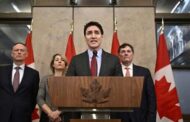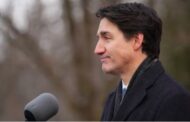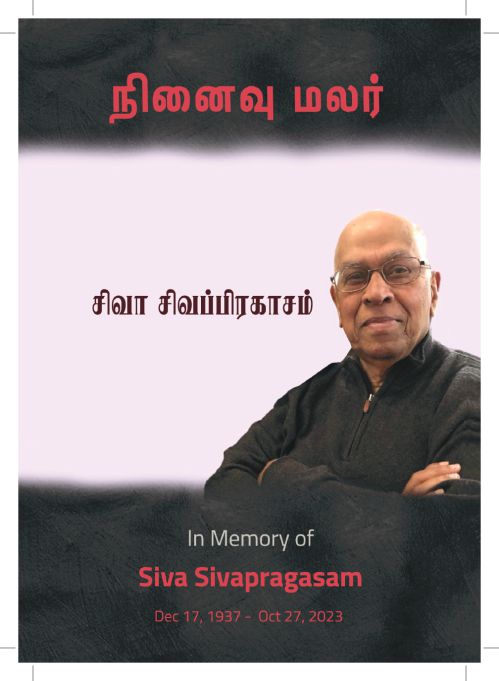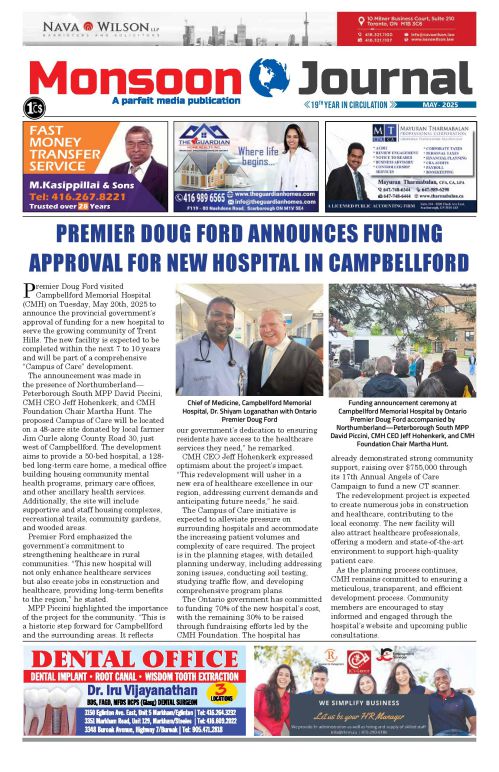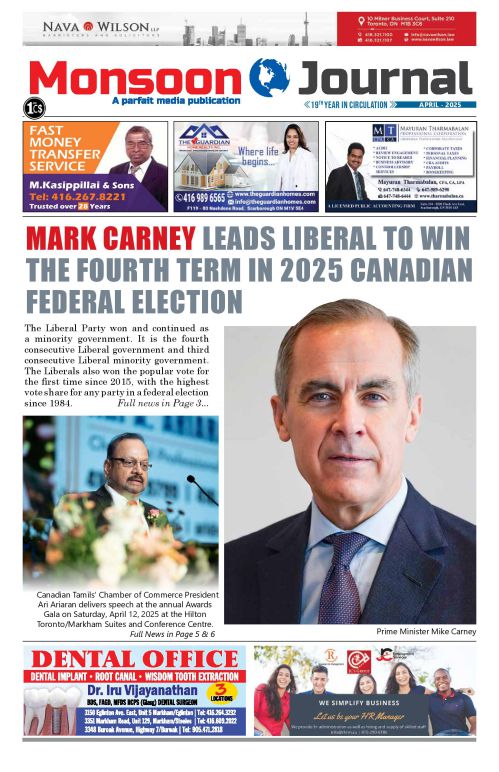Government of Canada supports climate action by ZooShare Biogas Co-operativein Toronto
Canadians are feeling the impacts and costs of climate change first hand. By working together, we can take action on climate change in a way that benefits all Canadians. That’s why the Government of Canada is working with businesses, cities and towns, Indigenous communities, universities, schools and hospitals to reduce pollution, improve our health, and make life more affordable.
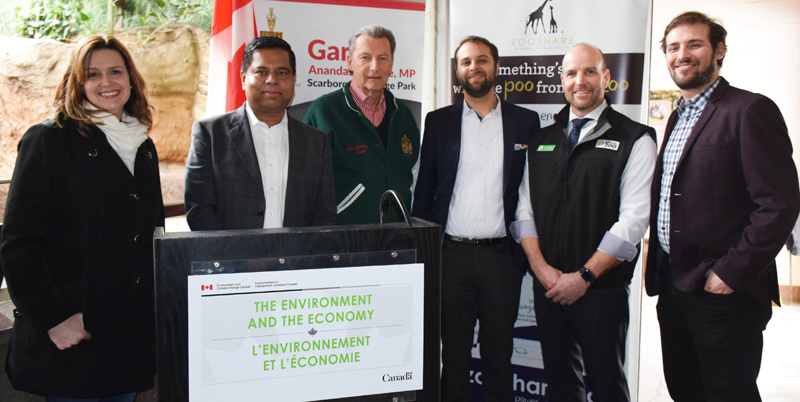
Today, Gary Anandasangaree, Member of Parliament for Scarborough-Rouge Park, on behalf of the Minister of Environment and Climate Change, Catherine McKenna, announced support for climate action by ZooShare Biogas Co-operative. The Government is investing up to $2.7 million to help ZooShare Biogas add new digester technology to its existing biogas plant in Toronto, which turnsanimal waste from the Toronto Zoo into agricultural fertilizer.The project will divert waste from landfills, turning it instead into a commercially viable commodity, and will reduce carbon pollution.
The funding comes from the Government of Canada’s Low Carbon Economy Fund – an important part of Canada’s climate plan. The Fund invests in projects that reduce carbon pollution, save money, and create good jobs in a clean economy.According to Clean Energy Canada, the energy-efficiency measures in Canada’s climate plan will help improve Canada’s economy and environment between now and 2030 by creating 118,000 new jobs, boosting our GDP by $356 billion, and saving Canadian households an average of $114 a year.
Canada’s climate plan puts Canada on track for the biggest reduction in carbon emissions in our country’s history. The plan includes over 50 measures including investing in clean energy and phasing out coal power, building public transit, and introducing a price on carbon pollution so that it is no longer free to pollute.
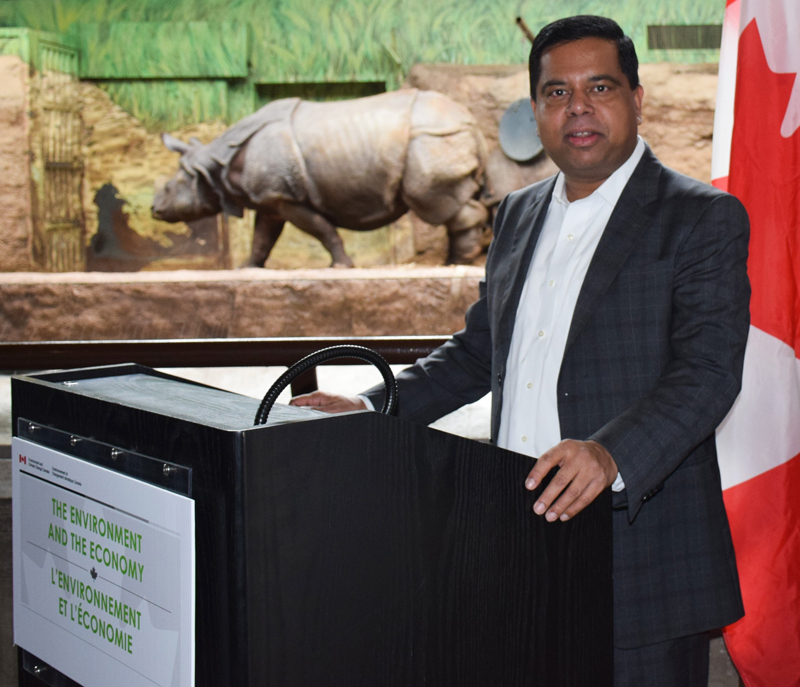
– Gary Anandasangaree, Member of Parliament for Scarborough-Rouge Park
- The ZooShare Biogas Plant in Toronto, Ontario will receive up to $2.7 million in funding through the Low Carbon Economy Challenge Champions stream. This funding helps pay for an expansion of the plant processing capacity so it can divert even more organic material from landfills.
- Funding will also help ZooShare install new self-cleaning digester technology that separates organic material and contaminants like plastics. That means an even higher quality end product will be available to local farms since more contaminants are removed.
- ZooShare works with nearby farms that can use the resulting natural product as a high nutrient, viable alternative to chemical fertilizers.
- The Low Carbon Economy Fund is divided into two parts:
- The Leadership Fund provides up to $1.4 billion to provinces and territories to leverage investments in projects and programs that will generate clean growth and reduce greenhouse gas emissions to support the Pan-Canadian Framework.
- The Challenge provides over $500 million in funding to support projects that will leverage ingenuity across the country to reduce emissions and generate clean growth.
The Challenge is being delivered through two streams.
- The Champions stream, valued at $450 million, was open to provinces, territories, municipalities, Indigenous communities and organizations, businesses, and not-for-profit organizations.
- The Partnerships stream, valued at $50 million, was launched on December 20, 2018, and is targeting smaller applicants, including small businesses, not-for-profit organizations, smaller municipalities, and Indigenous communities and organizations.
Dave Borins is the Director of Community Renewable Energy Projects at Bullfrog Power. In this role, he helps Bullfrog Power provide funding to non-profits, First Nations, co-ops and municipalities who are building wind, solar and run of river hydro projects across Canada. Borins has had a varied career as a wilderness canoe, guide, touring singer/songwriter, bandleader, teacher and he describes himself as a general enthusiast.
DanielBida is a Chartered Financial Analyst that spent the first 6 years of his career as an energy analyst before leaving that behind to pursue the development of community-owned biogas projects. Daniel is passionate about food, energy and the environment, and is motivated by opportunities to turn waste into value for these industries and for local communities.
DolfDeJong is the CEO of the Toronto Zoo, and has held many leadership positions that significantly contributed to conservation and engagement with our natural world. Some of his career highlights have included Vice President and General Manager of Vancouver Aquarium Marine Science Centre, Director of Biodiversity Programs at the Royal Botanical Gardens in Hamilton, and Park Area Manager at Conservation Halton. Both professionally and personally, Mr. DeJong demonstrates a strong commitment and passion for initiatives and projects that support long-term solutions aimed at restoring and protecting natural habitats and the species that call them home.
Gary Anandasangaree is the Member of Parliament for Scarborough – Rouge Park and the Parliamentary Secretary to the Minister of Canadian Heritage and Multiculturalism, the Honourable Pablo Rodriguez where he oversees the development work pertaining to Anti-Black Racism, Indigenous Languages and Multiculturalism.









